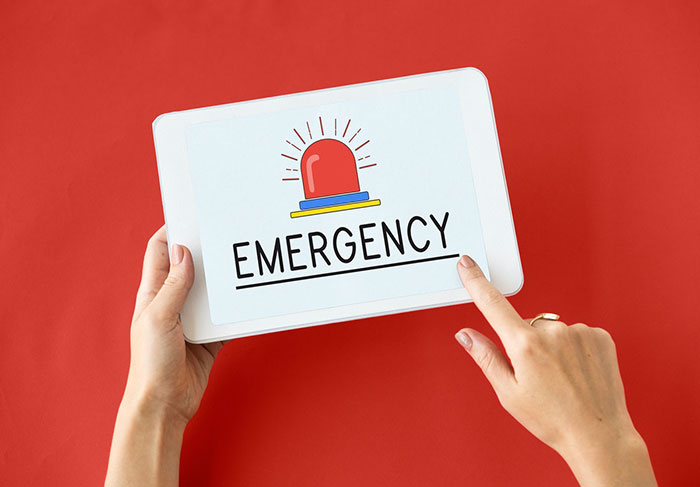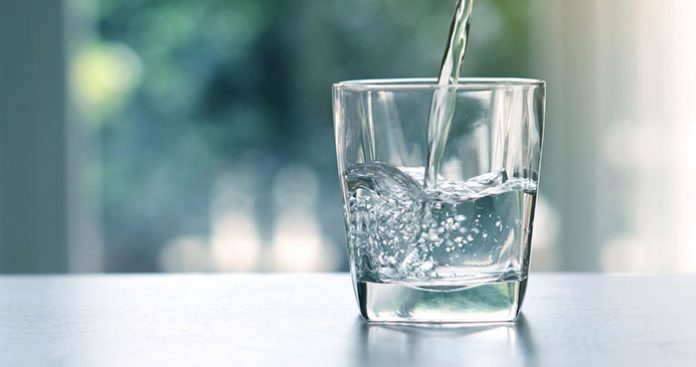Statistics show a great surge in the consumption of bottled water for some time. Only in 2022, a person consumed about 46.5 gallons on average in the United States. Spring water is considered the best bottled water to drink, with other options including artesian, purified, still, sparkling water, and more. It is often considered healthier and safer than tap water. However, with this increased usage, its demerits are also coming to light, which has given rise to an ongoing debate: Tap water vs bottled water?
Each camp has its own pros and cons. While you may question tap water’s safety, bottled water is not completely pure either. This article presents a breakdown of both to make an informed choice for your health and hydration.
Tap Water vs. Bottled Water – A Comparison

Tap water is the one you get in your taps and faucets at homes and offices. It is obtained from rivers and lakes, filtered, treated, and piped to your home.
Also Read: Lake Hughes
Bottled water – as the name indicates – is packaged in glass or plastic bottles and sold in stores. It is usually obtained from underground wells, springs, or icebergs. Sometimes it’s just tap water packaged and labeled nicely.
Here is a comparison of tap water and bottled water in terms of safety, taste, environmental impact, convenience, and cost.
1. Safety Differences Between Tap Water And Bottled Water
Environmental Protection Agency (EPA) guidelines instruct that tap water is filtered and disinfected before coming down your faucet. So, it is good to drink.
EPA has set legal limits over 90 contaminants, including pathogens, chemicals, and heavy metals. However, the safety of the tap is questionable in some areas, such as industrial areas or where agricultural water runoff is common. NRDC also reported that millions of people in the United States have been provided with water by systems detecting lead levels above accepted limits.
As bottled water is often obtained from underground reservoirs, it is usually safe from external pollutants. This makes bottled water good enough to drink but it is not 100% safe either.
The packaging of bottled water is one of the main sources of its contamination. Plastic bottles can leach harmful chemicals into the water. Moreover, a high amount of microplastics is detected in plastic bottles now.
As per a study, around 93% of the 259 sampled bottles contain detectable levels of microplastics, which can cause inflammation and other health problems.
2. Does Bottled Water Taste Better Than Tap Water?
Bottled water consumers are adamant that it is better in taste. However, in blind taste tests, people could not differentiate tap water from bottled one.
Though both types of water are identical, the taste may vary slightly depending on the mineral content and its level. Or if the bottled water is flavored or carbonated, its taste is highlighted more.
3. Environmental Impact Of Tap Water And Bottled Water
According to Harvard and plenty of other studies, there are many reasons to avoid bottled water. The resources it takes to manufacture plastic bottles, bring the water out of the ground, bottle it, and ship it, are incredibly harmful to the environment as they require a high amount of energy.
Bottled water production consumes 11-90 times more energy than tap water. While the carbon emission of 500 ml of bottled water is over 80g of CO2. About 3 times more water is consumed to prepare and package 1 bottle of water.
As per an estimate, 210 billion plastic bottles are used per year, of which half are of water. The worst part is that these bottles are not even recycled properly – only 5% of this plastic is recycled.
The environmental impact of tap water is not net zero either, but bottled water poses way more harm to the environment.
4. Is Bottled Water Costly?
Bottled water is also much more expensive than tap water. Costing nearly three hundred times more than your tap water. Drinking bottled water every day can be costly, and in most cases, it’s not healthier than drinking tap water.
5. Should You Drink Tap Water?

You’ve read about the practical benefits of tap water, but is it safe to drink tap water? The simple answer is yes. But you can also determine its quality and hardness level through zip code. Such tests also identify if your house water lines contain chemicals that could be harmful.
If your area has a contaminated water supply, you can also invest in water filtration systems. You can attach a filter to your faucet/ refrigerator or install a filtered pitcher. A whole-house filtration system may also work depending on your needs.
Filtered water is not 100% clean, but filters can reduce bacteria, impurities, and certain chemicals. They can also decrease water hardness by removing salts from tap water. Filters are a one-time investment, making them relatively less expensive over time than buying bottled water regularly for everyday use.
What About In An Emergency?

One of the great benefits of bottled water is its usage in emergencies. Whether you have a municipal water shortage or your area supply is contaminated, water bottles offer great convenience and hydration.
If you want to avoid plastic bottles due to their environmental repercussions, canned water or refillable large water cans are a great option. Though it is not the perfect way, it can help you reduce your carbon footprint while taking care of emergencies.
Tap Water vs Bottled Water: Which One Is It For You?
Tap water is as good as bottled water without the extra cost and negative environmental impact of its packaging.
The aesthetic packaging and the convincing advertisement of safety and purity might make bottled water seem a better option. But considering its cost and how it harms the environment is enough to choose tap water over bottled water.
It is way better to invest in water filtration systems instead of purchasing disposable water bottles. Think about how much recycling and money you’ll save.
But if you are traveling, have some emergency, or your water supply is contaminated, bottled water becomes a great option. It costs a bit more, but the convenience is worth it sometimes.



